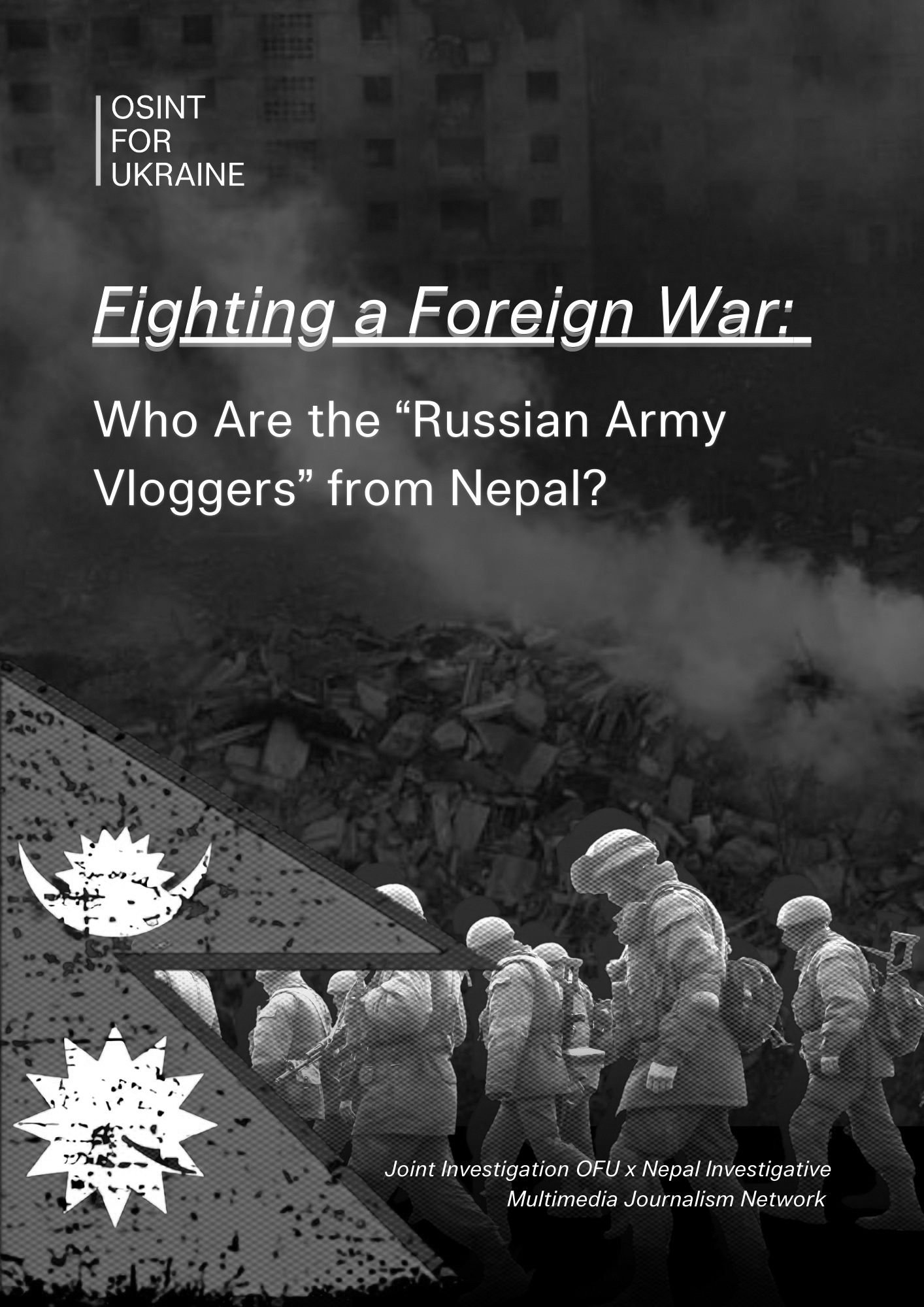Election Observers in Russian-Occupied Ukraine
Investigators
M.K
Linda Hourani
Alice Baikova
Drawing upon an army of international election observers, the Russian state goes to great lengths to present a veneer of legitimacy to their presidential elections. While the results of the elections were all but a foregone conclusion, Russian authorities still felt the need to do proceedings in a superficially legalistic manner. To this end, dozens of foreign observers - some more qualified than others - made their way to Russia and occupied territories of Ukraine to put their seal of approval on the questionable democratic process.
Unsurprisingly, Russia heavily draws on its pseudo-allies to fill the ranks of the observers. Multiple citizens of BRICS nations participated in legitimising the elections, while even more predictably, Serbs made up the most represented nationality among the observers. Most of the EU citizens appear to represent political extremes in their respective countries, reflecting the tendency of both far right and far left political movements to identify with Russia. While some of these extremists, like Lucien Cerise, are part of the “intellectual” wave of anti-establishment ideologies, others don’t even put up a veneer of objectivity or legitimacy - like quite literal criminal, neo-Nazi and football hooligan Andrea Palmeri.
However, arguably of most interest, are the non-western observers. Beyond the BRICS nations, a surprising amount of Indonesians participated as observers. Surprisingly, citizens of more democratic African countries - like Kenya, Zambia, Namibia and Botswana - are found among the observers, rather undermining the notion that Russia only has purchase among dictatorships and coup regimes in the region. While some of these appear to be random participants in youth conferences hosted by Russia, others are actual representatives of political parties, reflecting Russia’s economic and political pivot southwards.
Regardless of the rather questionable democratic credentials of many of these observers, the Russian state clearly puts much importance in this superficial validation, and deploys its resources to build a network of pliable or sympathetic figures around the world. As such, it is worth keeping an eye on this phenomenon and the people facilitating it.
You can access the interactive map via this link.

